German synth veteran Peter Baumann recently released his first solo album since 2016’s ‘Machines Of Desire’ on Bureau B.
In its mysterious but evocative storytelling without words, ‘Nightfall’ is a work that combines the cerebral with the cinematic, shaped by Baumann’s long standing interest in the human condition and how music can create artistic inspiration, relaxation and optimism through its transcendent qualities.
Best known as a member of the classic line-up of TANGERINE DREAM with Edgar Froese and Christopher Franke, Peter Baumann was involved in their imperial Virgin Records era albums ‘Phaedra’, ‘Rubycon’, ‘Ricochet’, ‘Stratosfear’ and ‘Encore’ which exemplified The Berlin School.
Recorded while still in TANGERINE DREAM, Baumann debut solo album ‘Romance ‘76’ comprised of two contrasting suites, the first with strong synth melodies and hypnotic rhythmic backbones while the second half was more experimental and organic featuring female vocals and the Munich Philharmonic Orchestra and Choir.
Baumann’s confidence was on a high and after completing work on the 1977 live double album ‘Encore’, he left TANGERINE DREAM and set up his own studio, producing other artists including LEDA, CLUSTER and Conrad Schnitzler. His second solo album ‘Trans Harmonic Nights’ from 1979 was something of an interim record, comprising of shorter instrumental compositions using mysterious melodies and occasional vocoder textures pointing halfway towards conventional pop vocal phrasing.
Signalling a complete departure from TANGERINE DREAM, his third solo album was ‘Repeat Repeat’, an entirely song-based collection co-produced by Robert Palmer that crossed synthesized art funk with Die Neue Deutsche Welle. While the album was a shock to TANGERINE DREAM fans, an even bigger surprise came when Baumann signed to Arista Records in 1984. Employing New Yorker Eli Holland on lead vocals, the resultant Europop flavoured ‘Strangers In The Night’ album included an electronic disco cover of the song made famous by Frank Sinatra; incidentally the music had originally been written by the German orchestra leader Bert Kaempfert under the title ‘Beddy Bye’.
Not long after, Baumann launched his Private Music label; with a roster that included Yanni, Ravi Shankar, Andy Summers, Carlos Alomar, Suzanne Ciani and his former band, the venture was a huge success and later purchased by BMG in 1994. He then founded The Baumann Institute in 2009 “dedicated to exploring the nature of awareness and its relationship to human health and well-being.”
In an insightful career spanning interview, Peter Baumann kindly chatted to ELECTRICITYCLUB.CO.UK from his home in Los Angeles about his life and his motivations.
‘Nightfall’ is your first album since NEULAND with Paul Haslinger in 2019 and your first solo release since ‘Machines Of Desire’ in 2016, how was your approach different from those records?
I’m older! *laughs*
You know, I can’t really say if there was anything different. I work with just what’s coming up… there wasn’t any planning, it’s all very spontaneous. I like to collect sketches and I pull up one of those sketches to develop it a little bit and put it aside, so it’s an organic process with the pieces growing together.
There is this dramatic nocturnal atmosphere that looms throughout ‘Nightfall’? What it very much inspired by the environment you live in now which is very different from Europe? Does the difference of the night where you are inspire you in that way?
No, it was just the mood, it was a slower mood, not uptempo at all. I like albums that have a consistent mood and that’s the mood that turned out for this one.
‘No One Knows’, ‘From A Far Land’ and ‘I’m Sitting Here, Just For A While’ have these haunting piano tones that recall the late Harold Budd? Had you been an admirer of his work?
Yes, I loved his stuff, it was slow and moody and introspective so I liked all of that. The same as the mood of the album is consistent, the titles came up the same way.
Do you ever come up with a title first and then write around it? It’s something David Sylvian of JAPAN used to do…
Usually the same way I do sketches, I collect titles and then after the track is halfway developed, I see which title fits to which piece.
There are no pulsing sequences on ‘Nightfall’, but is that Berlin School sound ever something you will ever be inclined to return to?
I don’t feel it particularly right now, but I’ve learnt never to say never. There’s so many associations with it and these days, that’s “a dime a dozen”. I’m probably more interested in melodies and a mood than sequencers.
Are you still using hardware or are you now completely in the box these days?
It’s about 80-90% in the box, the rest is hardware and old style synth. I have all the usual suspects in the box and some outboard gear, a Waldorf STVC vocoder and a Moog Matriarch plus a few others but most of the effects are in the box. What I like about it is so easy to recall and go back to the original setting. The flexibility is just phenomenal, I barely notice I’m doing something mechanical, I can focus completely on the sound and the mood of the track.
Did you keep that Projekt Elektronik modular system you had specially made for you?
OH MY GOODNESS! THAT IS A BLAST FROM THE PAST! THAT’S A MUSUEM PIECE! *laughs*
Is it actually in a museum now then? *laughs*
Maybe! I dunno! *laughs*
I sold it probably 40 years ago to a fellow from Switzerland! I know exactly what was in there and everything you could do on that big modular, you can do today on your cellphone! What I liked about it, you had tactile access to all the frequency, the filter, the envelope, it’s different to do that than in the box… I liked that tactile connection. I have two studios, one in the country and one in the city, they’re identical so I can go back and forth, but with equipment like the Projekt Elektronik modular, you can’t and it didn’t have any recall! It was one time and that was it!
Was that your favourite synthesizer?
Yes, that was my favourite, it had some very custom made aspects to it, the way the patching was set up was custom made, the sequencers were all custom made with steps, not just sequential but also in frequency, so live I could switch the frequency really easy and land on a definite note and not have to fine tune it.
Was there a synthesizer that you didn’t like, one that didn’t meet expectations?
Oh my! I probably went through a few dozen synthesizers in the last decades! I never liked the DX7, I really disliked it, it had a tinny sound, it just wasn’t great. There was one Moog I didn’t like, it was a big polyphonic, the sound just didn’t make it. I loved the small keyboard Oberheim but I never liked the bigger one. It’s a degree of preference, it’s not that I hated any of them, you can always do something with any kind of sound. But you have your gotos and when you run out of ideas, you pick one up that you never use just to see if it inspires you.
Did you get your head around the FM synthesis programming on the DX7?
Not really and that might be the issue… I’m not a nerd in terms of twiddling with it a lot, I just want the sound and the easiest access to shape the sound. I was never into the Synclavier for instance, it has some fantastic sounds but it was just very cumbersome to dig into all the layers it had. I loved the sound but I always used the presets.
You were still a teenager when you joined TANGERINE DREAM, rock ‘n’ roll wasn’t even 20 years old then. You were part of what is seen as the classic line-up that produced ‘Phaedra’ and ‘Rubycon’, why you think the acclaim for those two records has endured, especially with all those boxed sets?
I don’t think you ever know, they were in a particular constellation at a particular time and this is the mystery. You never know why one piece of music or art piece works out and just stays relevant. I would say at the time, it was not anywhere in the mainstream, it wasn’t something that existed among many others. So it wasn’t a fad, it was one of a kind and those things usually stand up a little bit more than if it’s part of a whole group of similar music.
Do you think being in England to record those albums helped your creative mindset?
Oh definitely! When we recorded ‘Phaedra’ at The Manor in Oxford, for me it was like being in ‘The Twilight Zone’. It was just magical the way we worked there, the staff were fantastic. We didn’t leave until the record was done, we never left The Manor. It was just a terrific place, it had 100 years of history and it was timeless. The music is probably influenced by it quite a bit.
The success of those albums meant that you were given opportunities to travel the world. What are your memories of TANGERINE DREAM’s US tour which is documented on ‘Encore’, did this start your love of America and eventually relocating?
Those kind of decisions never happen because of one thing or another. When I split from TANGERINE DREAM, anything I did in Germany would be related to the band. We were known in America, but not that well known so I had much more of an opportunity. I like the culture in America better than in Germany. At the time, there was no reunification, Berlin was an island in the middle of East Germany. I always felt a little constrained… also, I didn’t like the weather! *laughs*
America is just a crazy country, there’s a lot of dynamic and I enjoy the unpredictability. Europe is just more settled, it’s a much more mature culture and that’s wonderful in its own right. But I just enjoy the dynamic and craziness we have over here.
You released your first solo album ‘Romance ’76’ while still in TANGERINE DREAM, now solo records were the norm in the set-up, but had you been feeling constrained artistically?
Not at all, I recorded ‘Romance ’76’ in our rehearsal room on an 8 track machine that I borrowed from Christoph. It was totally cool that we did our thing. In those days, recording was very different, you didn’t fine tune it the way you do today. There were not as many layers so on ‘Romance ’76’, I used 6 tracks, maybe 7 but it was not as developed. So it has its own atmosphere because it’s not so polished.
When you decided to produce ‘Welcome To Joyland’ by LEDA in 1978, was there a frustrated pop artist waiting to come out?
No, that particular album was just a fun project, I had built a studio in Berlin and this was basically a trial in the studio, it was never meant to be any particular thing. A friend of mine Hans Brandeis was a bass player in a band called EDUCATION FREE and he had a girlfriend who was a singer. So LEDA was like a very spontaneous project just to check the studio out and have some fun.
Does it surprise you people are still finding and talking about ‘Welcome To Joyland’?
You know, few things surprise me in life. I take it just the way it comes and goes, I don’t worry that much.
During this period, you produced ‘Grosses Wasser’ by CLUSTER in 1979, how was that experience working with Roedelius and Moebius?
I loved those guys, they were so cool. They were not like musicians, they were soundmakers and they had an unorthodox way of working in the studio. I had a deal with Egg Records in France who wanted 4 records for the label, so the productions for Conrad Schnitzler, Asmus Tietchens and Roedelius were among them.
What was the motivation to sing and start writing the songs that led to the ‘Repeat Repeat’ album, as opposed to the improvisational instrumentals you were involved with before?
It was just an experiment, there was nothing more behind it, it was just the flavour of the time when I had just moved to New York. Those thoughts and lyrics that are on there like ‘Brain Damage’ and ‘M.A.N. Series Two’, they were a dystopian modern perspective on New York. It was new for me, I experimented with lyrics and that was that.
How did Robert Palmer become the producer to help you realise your song based ambitions on ‘Repeat Repeat’ because back then, it was not an obvious pairing?
We had the same German record company and they played the demos of ‘Repeat Repeat’ to him, he thought they were cool and wanted to be involved. He called and said “I love what you’re doing, I’d love to produce it” so I said “sure”; we worked at Compass Point in The Bahamas and then mixed it in London. I just enjoyed hanging out with Robert, we had a similar mindset and he had big influence in the sound of the album.
Looking back on the ‘Repeat Repeat’ album and its follow-up ‘Strangers In The Night’, after that you appeared to stop releasing your own music and started Private Music. Was being a front man not what you wanted after all?
Again, I never think very much, I just do what happens. With ‘Repeat Repeat’, I realised I was not a really great vocalist and then a producer in America suggested this guy Eli Holland to do lead vocals, so we did ‘Strangers In The Night’. Again, I just had fun doing whatever I do and that’s what we did then.
The record company was a silly story if you will, there was no big thought behind it. I met my wife Alison, we went on vacation in Florida and I had a shoebox full of cassette tapes of little productions I did. I played some of them and she said “I love this”; I said something about maybe doing a record company one day and she said “you absolutely have got to do it!”… and so I did a record company! There was never any grand plan behind it, my whole life has been that way, I just enjoy seeing what comes next and let it happen.
You met up with Edgar Froese before he passed away in early 2015 and there had been talk of you rejoining TANGERINE DREAM?
Edgar wrote me an email just to check in and I wrote back… at the time I had a studio when I was in San Francisco and was playing around. I sent him a couple of tracks and he said “let’s work together”; it wasn’t for TANGERINE DREAM or anything else, just let’s make some noise. I met him in Vienna and we spent some time in the studio. I said I’d make more basic tracks to send to him but then sadly next time, I got a call from his wife Bianca with bad news. So that collaboration never materialised and that’s when I did ‘Machines Of Desire’.
What are your favourite works for your long career, whether as an artist, producer or label boss?
What a question! Sometimes you like Chinese food, sometimes Italian food, sometimes Japanese food, I like it all. It depends on the time of day. I think it was all worth doing, I was extraordinarily lucky to be able to do this. Had I started today, it would have been a whole different effort. Playing in a band and then getting to do what I got to do, and doing a record label when you could still do a record label, today it’s awfully tough! It’s been fun to talk to you about it Chi, it’s like travelling down Memory Lane… I mean CLUSTER! I haven’t thought about that record in years! You have given me some very interesting ways to look back on the last 50 years.
It’s all good, I don’t have any favourites and there’s none of them that shouldn’t have happened. Maybe, if there was a little bit of a favourite, one or the other, of course ‘Phaedra’ is a completely different album than ‘Repeat Repeat’ but there are elements of both that I enjoy 🙂
What is next for you?
I dunno, you tell me 😉
As I said before, I just wait and see what happens. I’m going to spend some time in the studio but I have some other interests. I’m writing a book, it’s a philosophical book called ‘Some Days Are Better Than Others’ and it’s my view of the experience of being human.
ELECTRICITYCLUB.CO.UK gives its warmest thanks to Peter Baumann
Special thanks to Sean Newsham at Bureau B
‘Nightfall’ is released by Bureau B and available now as a vinyl LP, CD and download from https://peterbaumann.bandcamp.com/album/nightfall
The 3CD boxed set ‘Phase By Phase – The Virgin Albums’ is released by Cherry Red Records
https://www.bureau-b.com/artists/peter-baumann
https://open.spotify.com/artist/4u9mLb6exlbHuNehyJ11jq
Text and interview by Chi Ming Lai
14th June 2025

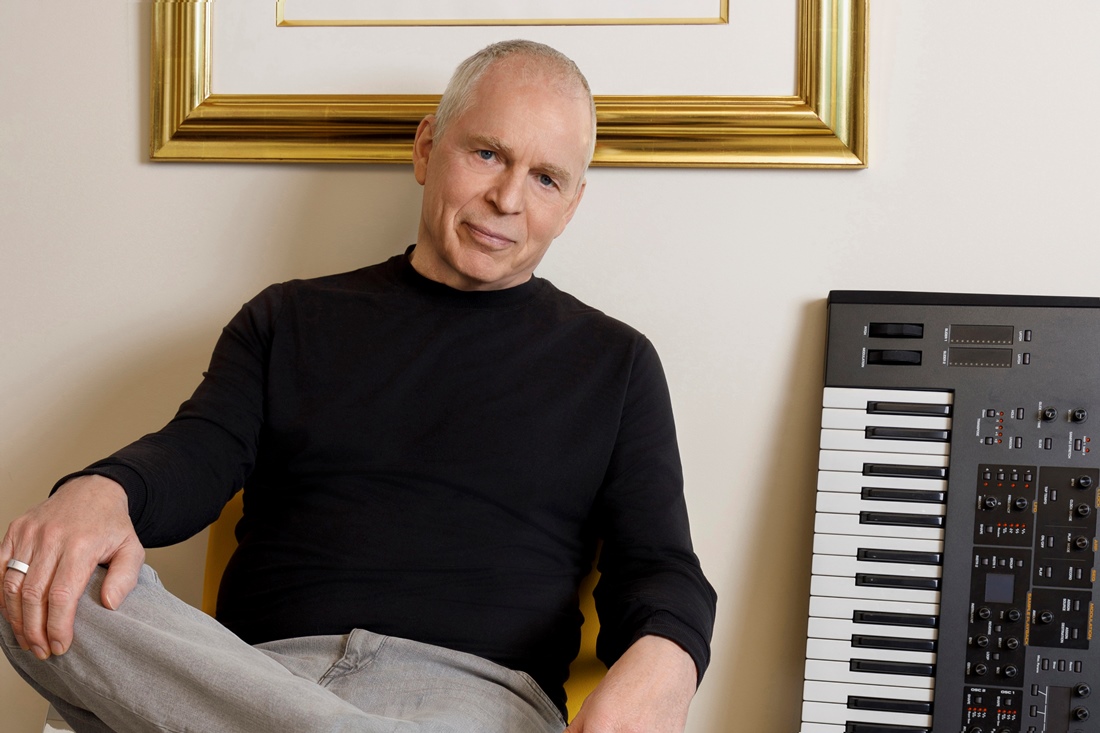
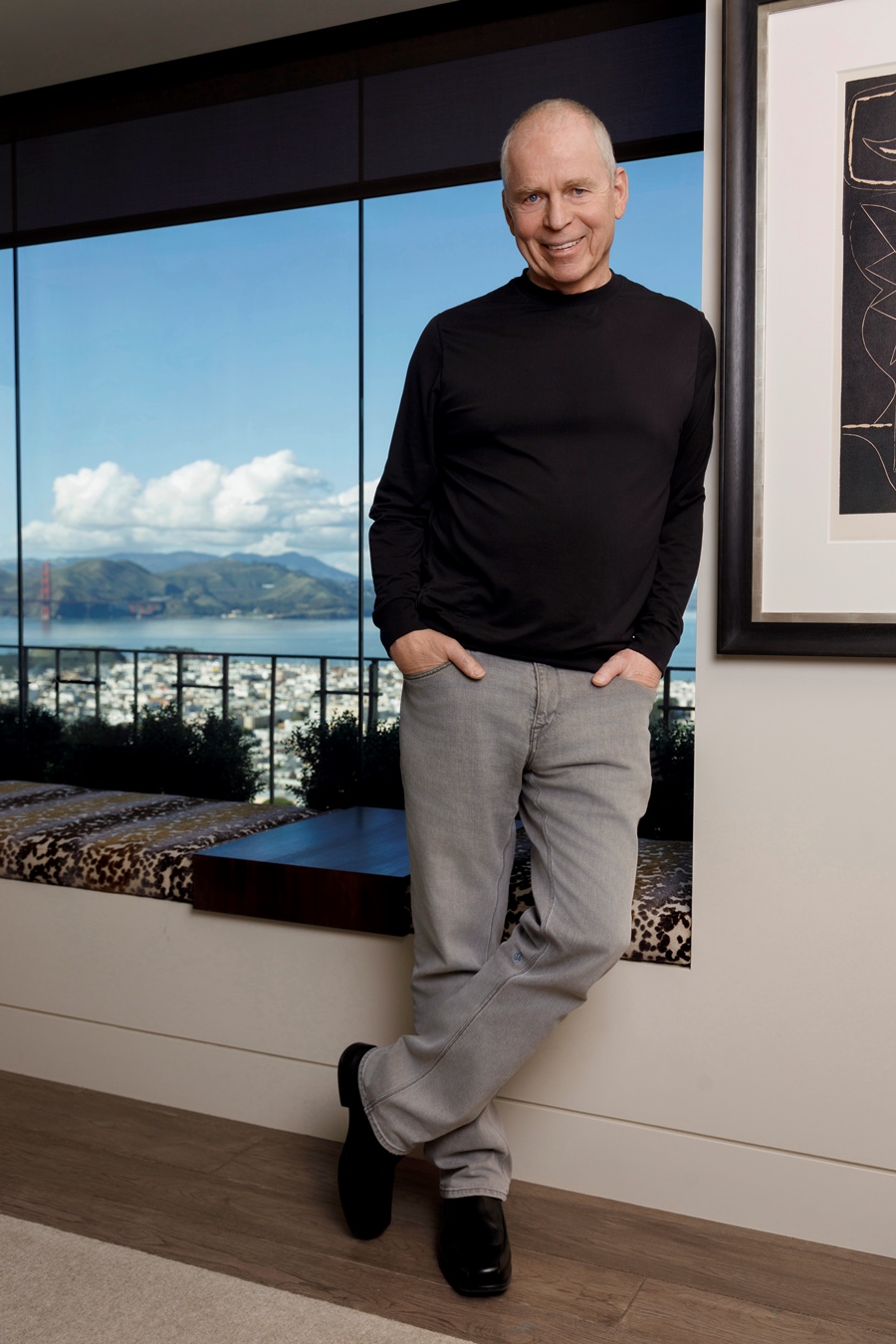
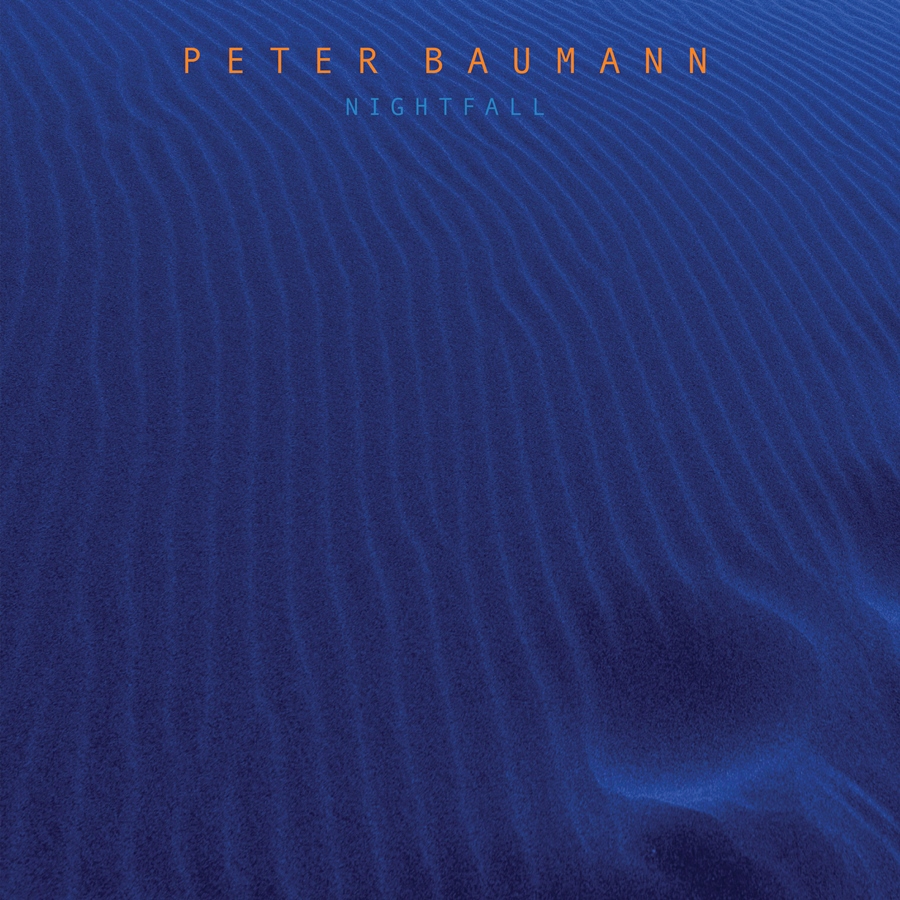
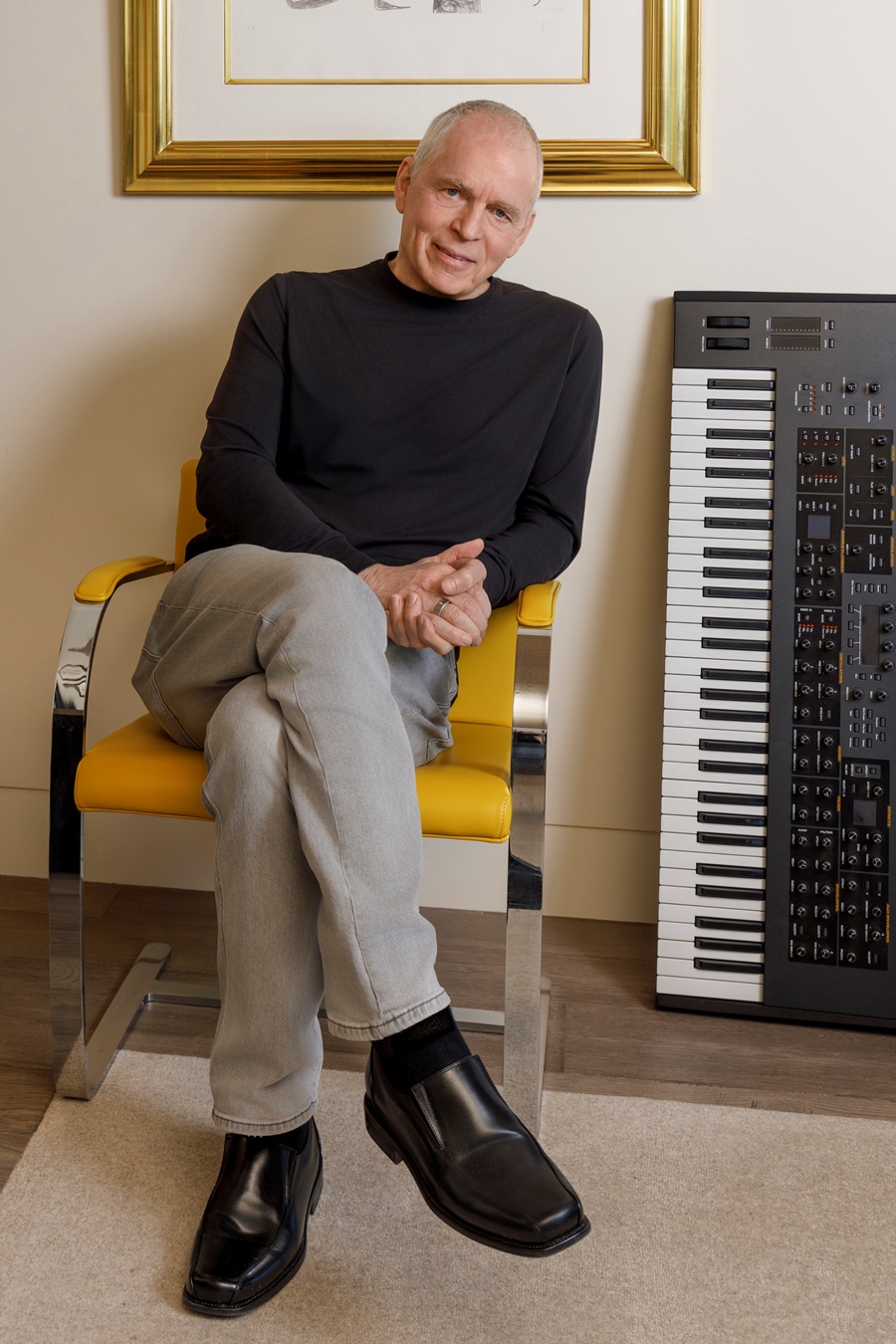
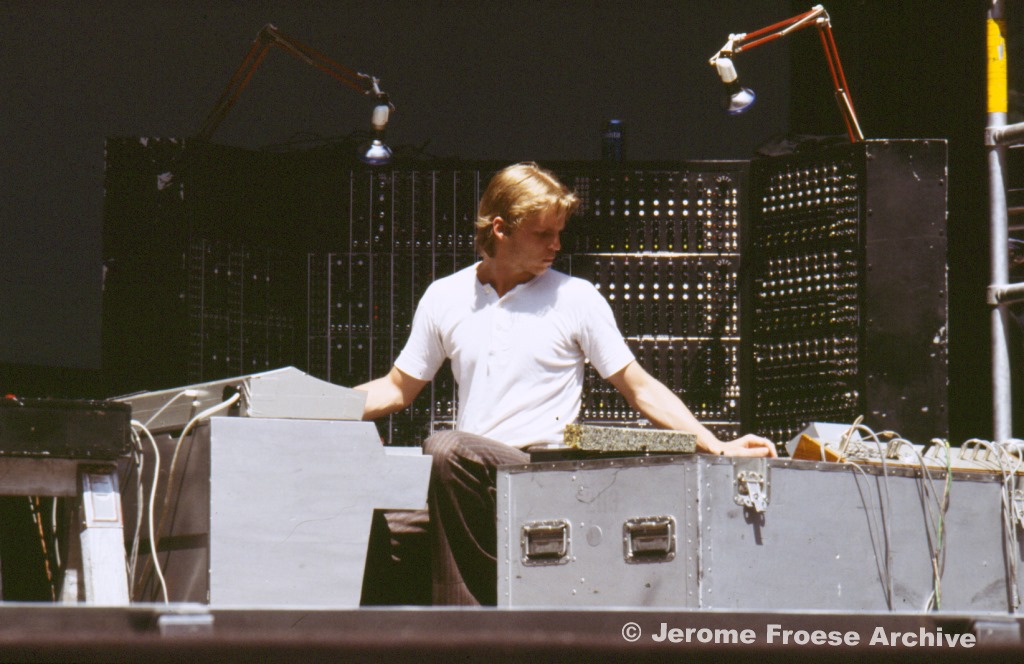
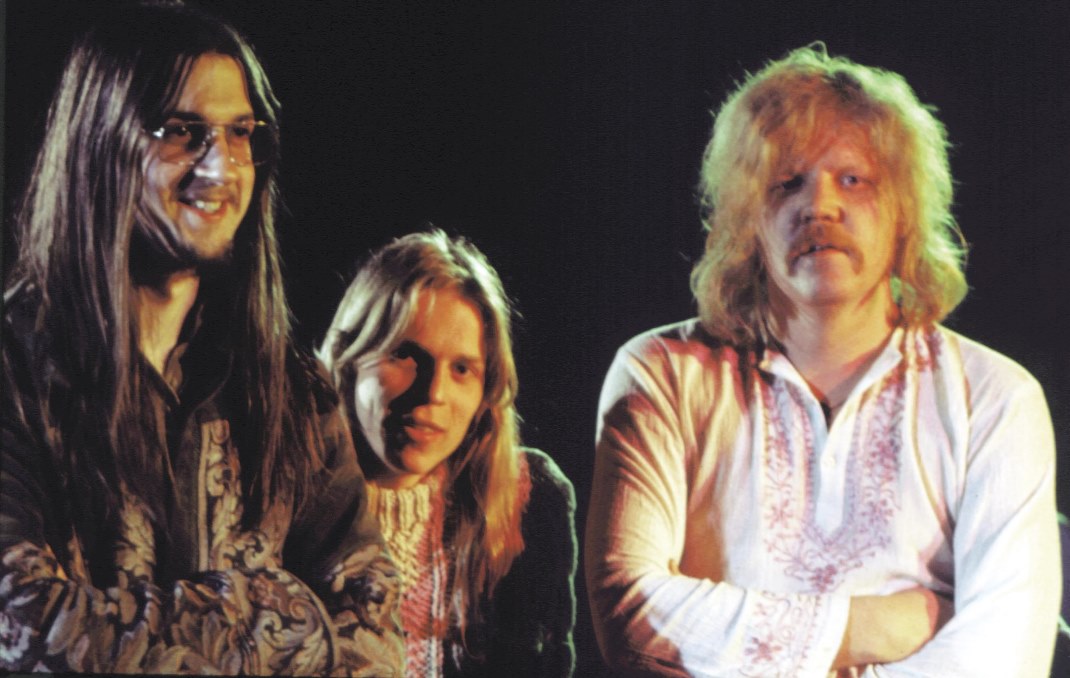
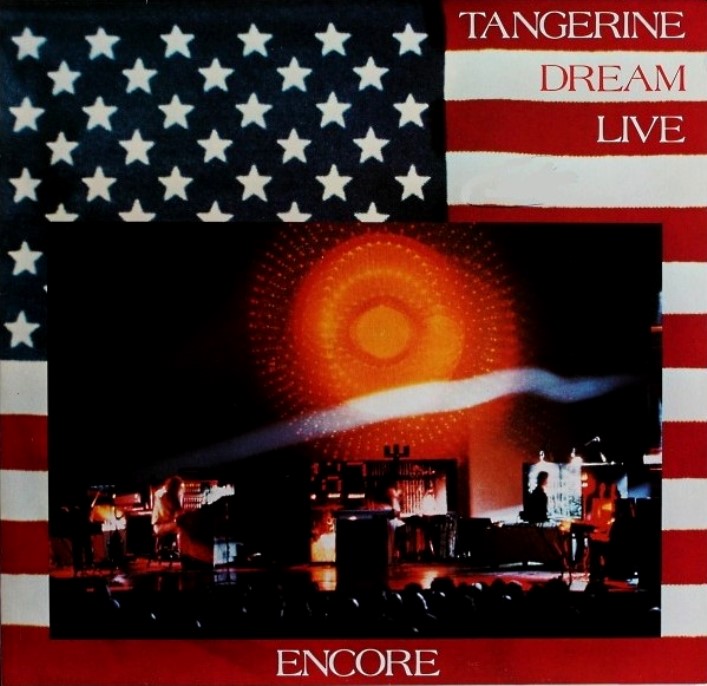
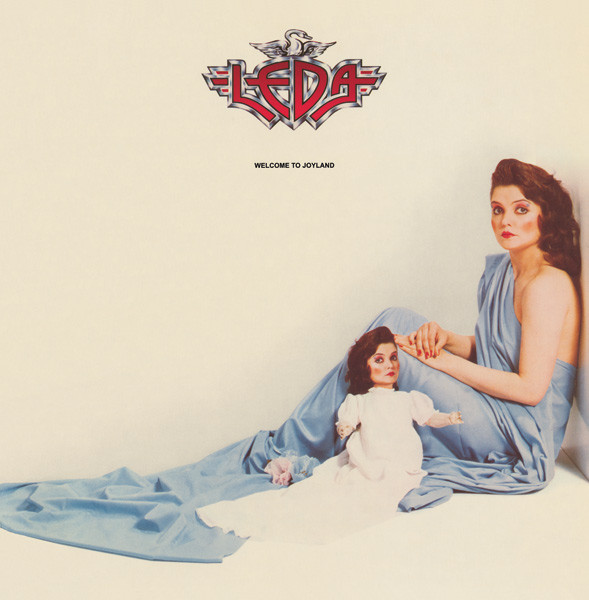
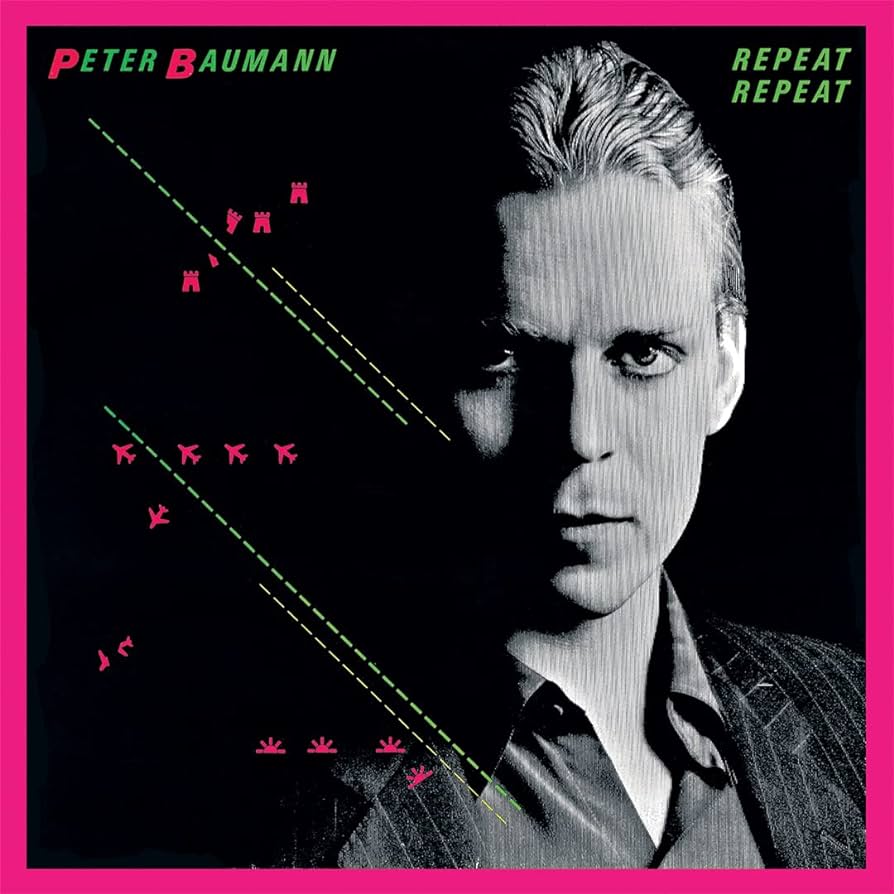
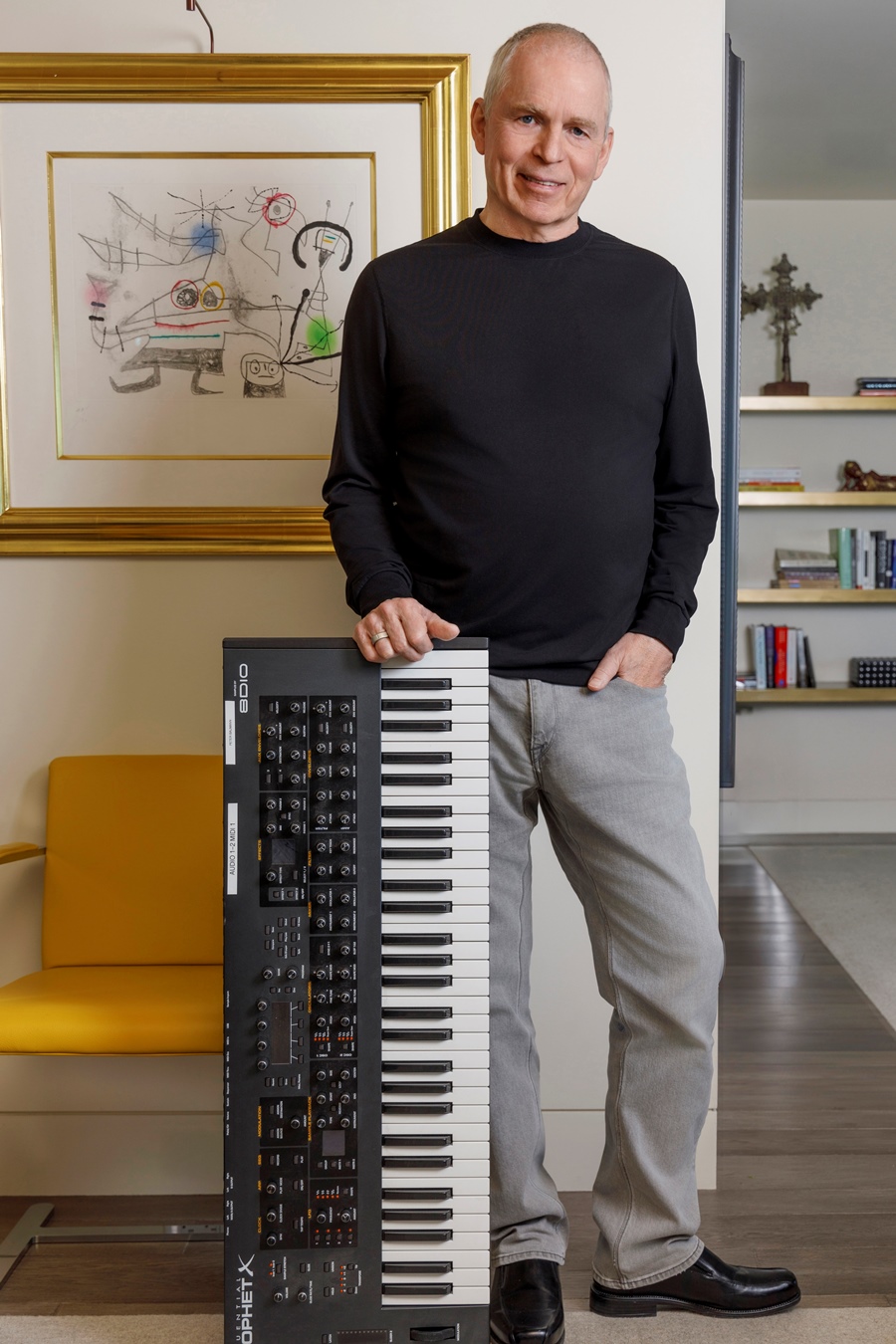
Follow Us!